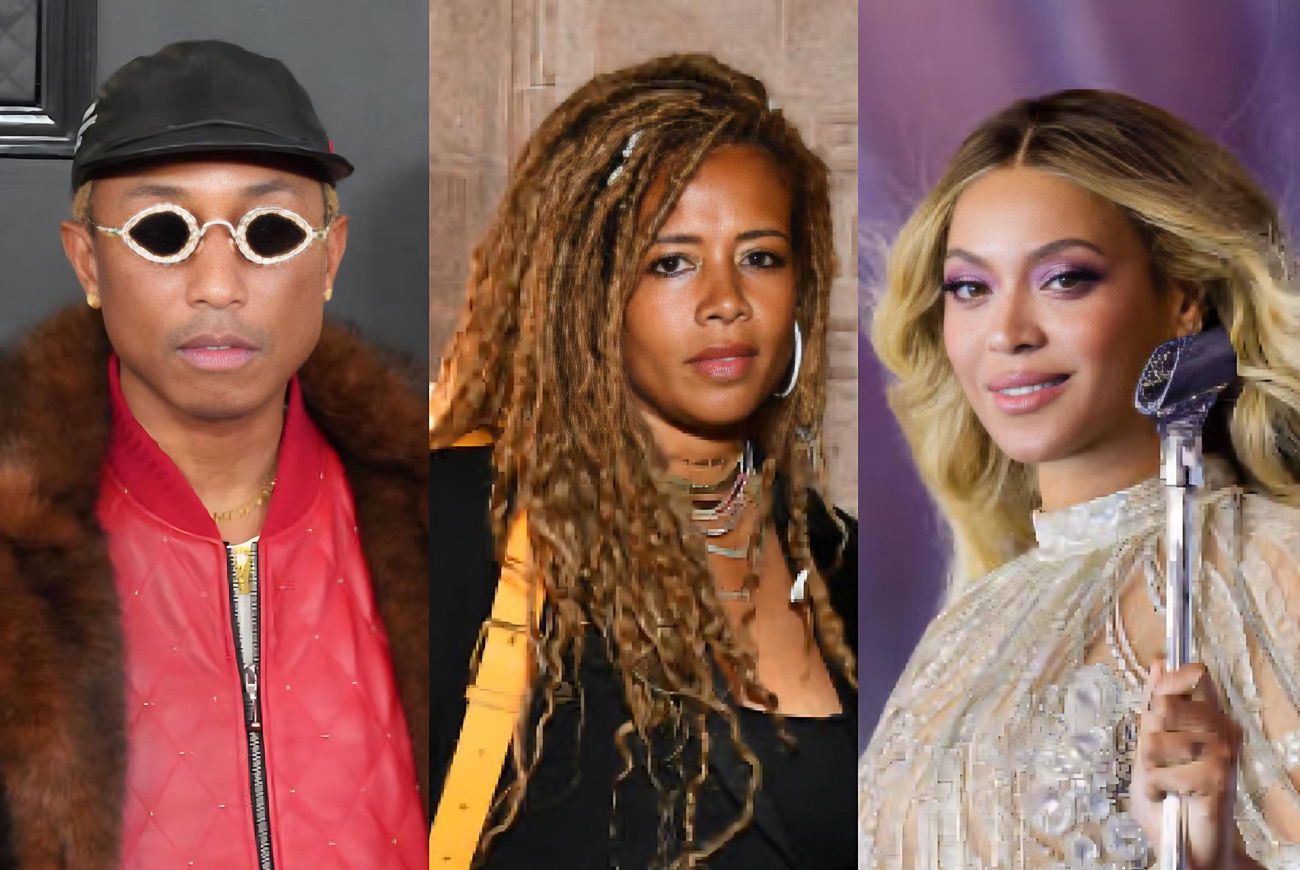When Beyoncé dropped her Renaissance album in 2022, fans quickly noticed the use of a sample from Kelis’ iconic “Milkshake” in the song “Energy.” Kelis took to social media to express her discontent, saying she felt “disrespected” and “blindsided” by the use of her work. Her main issue wasn’t with Beyoncé herself, but with Pharrell, who produced and co-wrote “Milkshake” while she was signed to The Neptunes’ production company. Kelis argued that she should have been consulted or, at the very least, informed before the sample was used.
Pharrell’s Explanation
In a recent interview, Pharrell broke his silence on the matter, shedding light on the intricacies of music rights and ownership. He explained that while Kelis performed and popularized “Milkshake,” she does not own the rights to the song’s composition or production. As the producer and co-writer of the track, Pharrell, along with Chad Hugo, holds the legal rights to the master recordings and the publishing rights to the song.
“‘Milkshake’ is a song that I co-wrote and produced for Kelis, but in the legal sense, the rights to that song belong to me and Chad [Hugo],” Pharrell explained. “When you work in the industry, there are contracts that outline who owns what, and unfortunately, Kelis doesn’t own the rights to the composition or the publishing. So, legally, we didn’t need her permission to clear the sample.”
The Power Dynamics at Play
Pharrell also touched on the power dynamics that often exist in the music industry, acknowledging that artists like Kelis, who were signed to major labels early in their careers, may not always have full control over their own work.
“When we were all coming up, we signed the contracts that were given to us,” Pharrell stated. “It wasn’t personal against Kelis—it’s just the way the industry works. I get that she feels hurt, and I don’t want to dismiss her feelings, but from a legal standpoint, we were within our rights to clear that sample.”
The Aftermath
Despite Pharrell’s explanation, the situation has left a sour taste in the mouths of many fans, who believe the dispute reflects deeper issues within the music industry—particularly the lack of ownership and control that many artists, especially women and artists of color, experience over their work.
For her part, Kelis has remained relatively quiet since Beyoncé’s decision to remove the “Milkshake” sample from “Energy.” However, her initial outburst highlighted the frustrations that many artists feel when their work is used without their knowledge or consent, even if the legal rights to the song are not in their hands.
Beyoncé’s Response
Beyoncé, who initially included the sample in good faith, removed the “Milkshake” interpolation from “Energy” shortly after Kelis’ complaints surfaced. While Beyoncé did not make a public statement, the decision to pull the sample spoke volumes about her desire to respect other artists, even when legal obligations didn’t necessitate such actions.
Conclusion
Pharrell’s recent comments have shed light on the complex world of music rights and the often-overlooked distinction between emotional ownership and legal ownership of songs. While Pharrell was well within his rights to clear the “Milkshake” sample without Kelis’ permission, the situation has sparked an important conversation about respect, transparency, and the power dynamics that govern the music industry. As the dust settles, it’s clear that while Pharrell’s explanation offers clarity, the broader debate surrounding artist rights and ownership is far from over.







